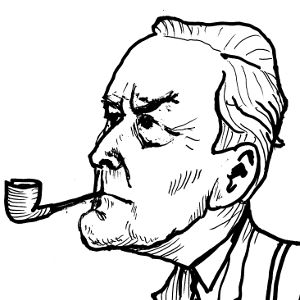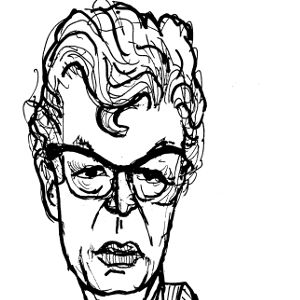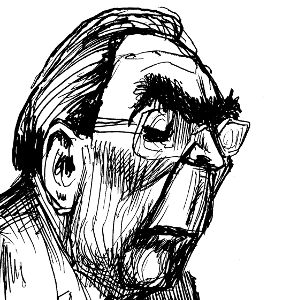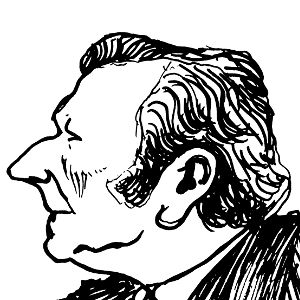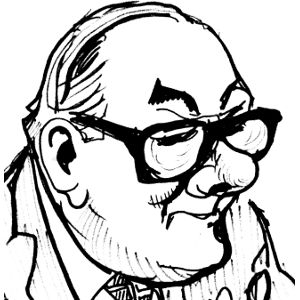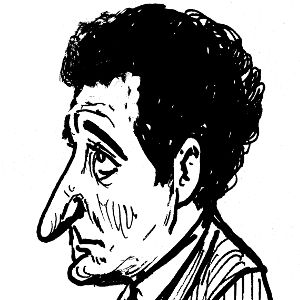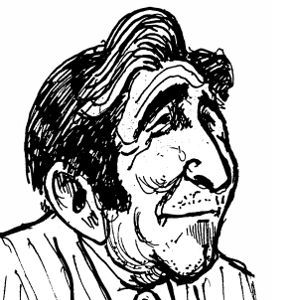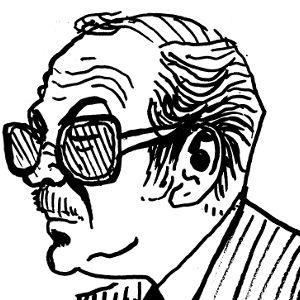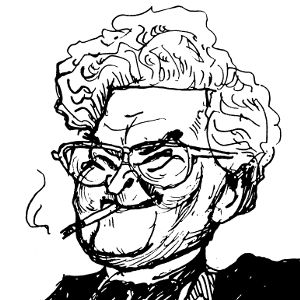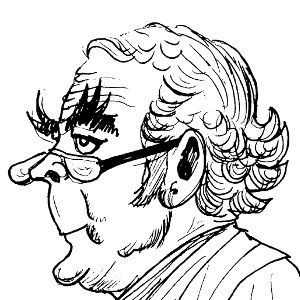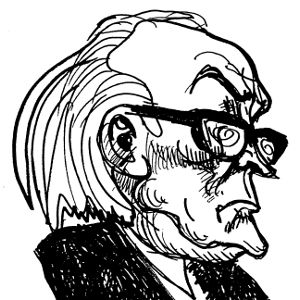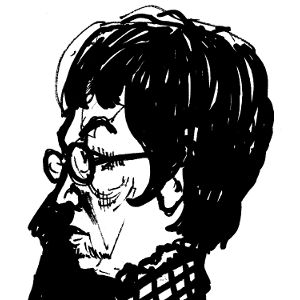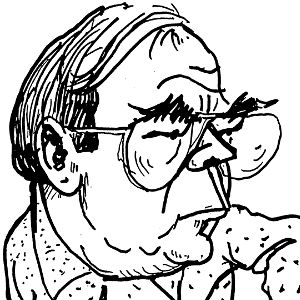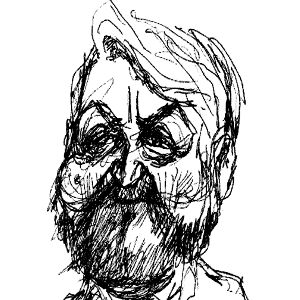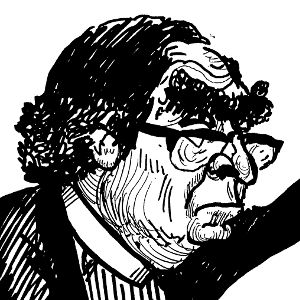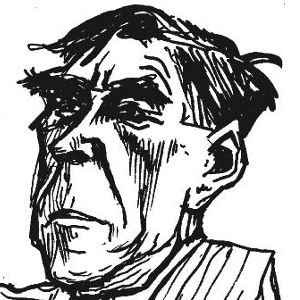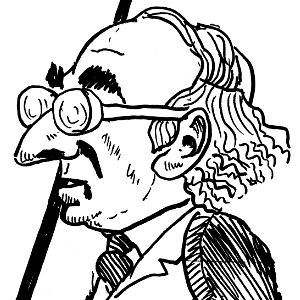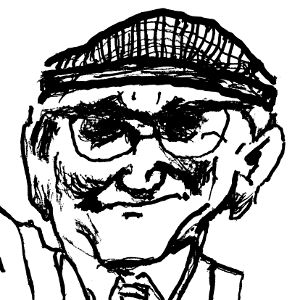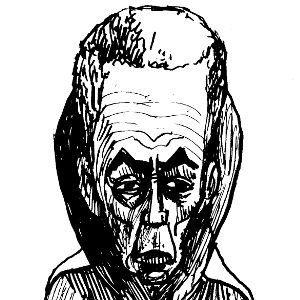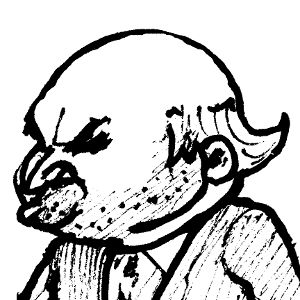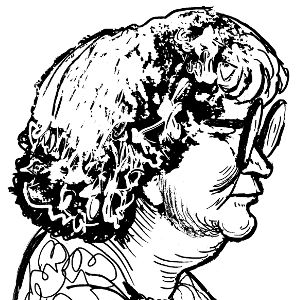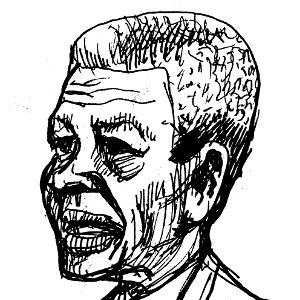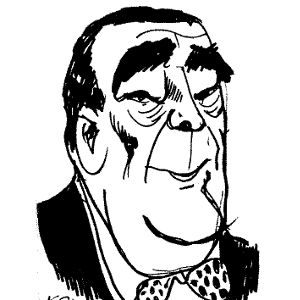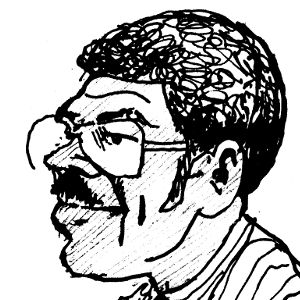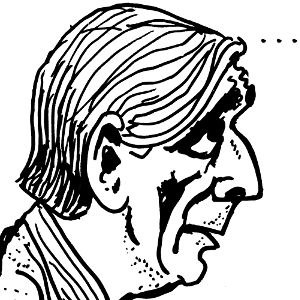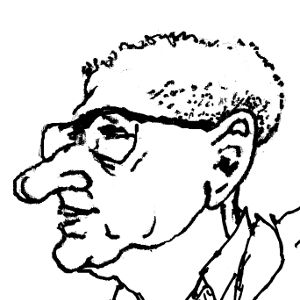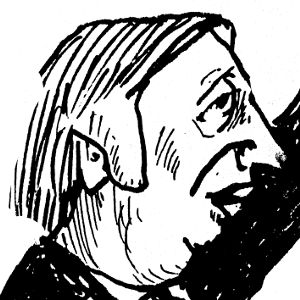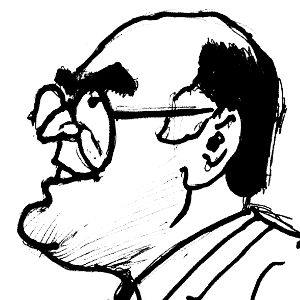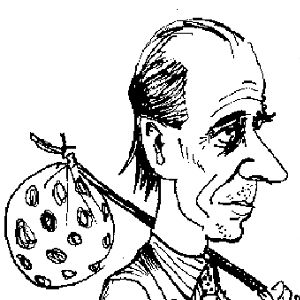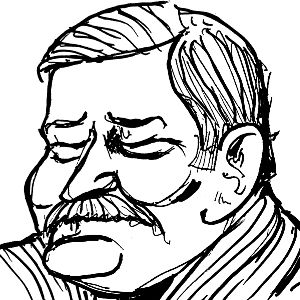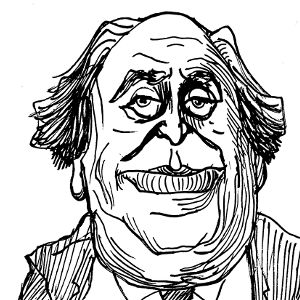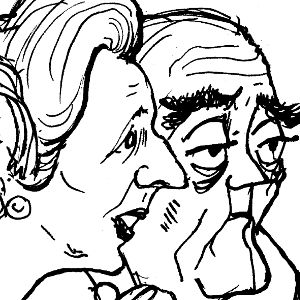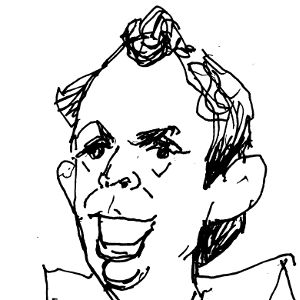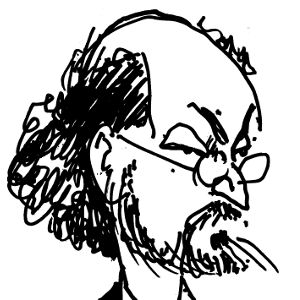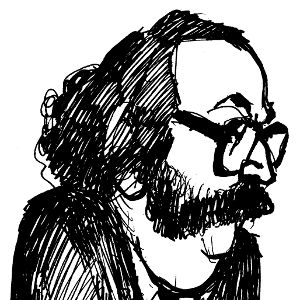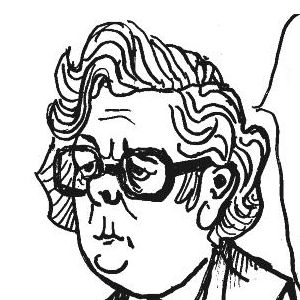Ken Gill Fund
Ken Gill was born in 1927 in Melksham, Wiltshire, the son of a plumber cum shopkeeper and the youngest of four children.
He was politicised early, having experienced poverty as a child during the Depression.
During the war his family took as a lodger a boot-repairer and communist who turned the young Ken to the cause of socialism.
Over the years, Ken became well known in union circles for his ability as a caricaturist. As a child his entry to a Daily Sketch children’s art competition was disqualified because the judges didn’t believe a child could produce a work of such maturity.
In those days, artistic talent in working class boys was not seen as a path to a creative career but to a seat in a drawing office and he duly served his time at a mechanical handling firm.
He was elected as a regional official of the Draughtsmen’s and Allied Technicians’ Association (DATA) in 1962. Posted to Liverpool, he was also made responsible for Northern Ireland.
His success as a persuasive, militant but shrewd official brought him to higher office in 1968, when he was elected deputy general secretary of the union.
In 1974, he became General Secretary of DATA’s successor, TASS (Technical, Administrative and Supervisory Staffs Association), and later of MSF (Manufacturing, Science and Finance) following the merger with white collar union ASTMS.
Ken was on the TUC General Council for 18 years and in 1974, with over 7 million votes, he became the first communist to be elected on to the TUC General Council. He was one of a small number of General Council members who argued consistently for left policies during the 1970s and 1980s.
There were fears within the Labour Party that this new militant trade unionism would undermine government, while in the establishment and security services it was believed the unions were threatening to undermine the capitalist system as a whole.
Ken and his union MSF were among the earliest supporters of the fight against South African apartheid and on his initiative, the union guaranteed the deposit for the Wembley stadium concert that celebrated Mandela’s 70th birthday while he was still in jail on Robben Island.
This was acknowledged by Mandela when, on his first UK visit, he chose the union’s conference hall to meet and thank ANC exiles and activists.
While Ken could be forceful and committed, he was never dogmatic or unnecessarily aggressive. In 1993 he was voted the ‘Trade Unionists’ Trade Unionist” in a survey carried out by the Observer newspaper.
He was Chair of the Cuba Solidarity Campaign and met Cuba’s leader Fidel Castro on several occasions.
Participants
